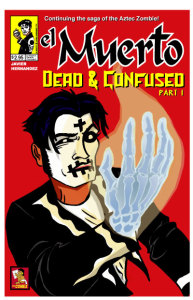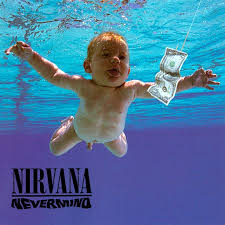So here’s a question: Are you among the half of Americans (49 percent, to be precise) who say racism is “a big problem” in society today?
I know I am.
And I also know that I would prefer to be among the 7 percent of Americans who say racism is “not a problem at all.” When referring to those people, I speak for the rest of us when I say, “I’ll have what they’re having,” because they clearly possess some serious alcohol.
The recent survey revealed that prejudice and bigotry remain societal ills, and “in every demographic group surveyed, there are increasing percentages of people who say racism is a big problem — and majorities say that racial tensions are on the rise.”
The percentage of Americans who feel this way is higher than it was 20 years ago, when 41 percent said racism was a big problem. As recently as 2011, that percentage was down to 28 percent, suggesting a rebound effect, or perhaps racial good feelings simply plateaued a few years back.
Of course, Americans may agree that racism is worse, but as the report states, they often “disagree profoundly on who the targets and victims are.”
Ethnic minorities have historically been the objects of racial prejudice. However, white Americans often feel that they are being discriminated against, a perplexing development that, according to the report, can be traced to “simmering rage fueled by the backlash of Obama’s election, the economic struggles of lower- and middle-income whites, and demographic shifts across the country.”
Because of this, the report says, “latent racism is becoming more open, because a lot of people are feeling threatened.”
Now to be clear, most white Americans do not feel that they are the targets of racial scorn. In fact, just 43 percent of white people say racism is a huge concern.
But 64 percent of my fellow Latinos say racism is a big problem, slightly less than the 66 percent of blacks who say the same thing.
Those numbers should tell you all you need to know about how race is perceived in America.
So is there hope for the future? Well, supposedly, the Millennials were going to eliminate racism once and for all because they’re all, you know, ethnically mixed and down with diversity and come from multiracial families, and are in general far hipper than Gen X or the Baby Boomers could ever dream of being.
Um…but another recent study showed that “despite the Millennial reputation for inclusiveness, young white Americans don’t have especially multicultural friend groups.” In fact, two-thirds (68 percent) of whites age 18-34 say, “they overwhelmingly associate with other whites.”
By the way, the same is true of just 37 percent of Millennial Hispanics and 36 percent of Millennial blacks.
So this might take a while.









